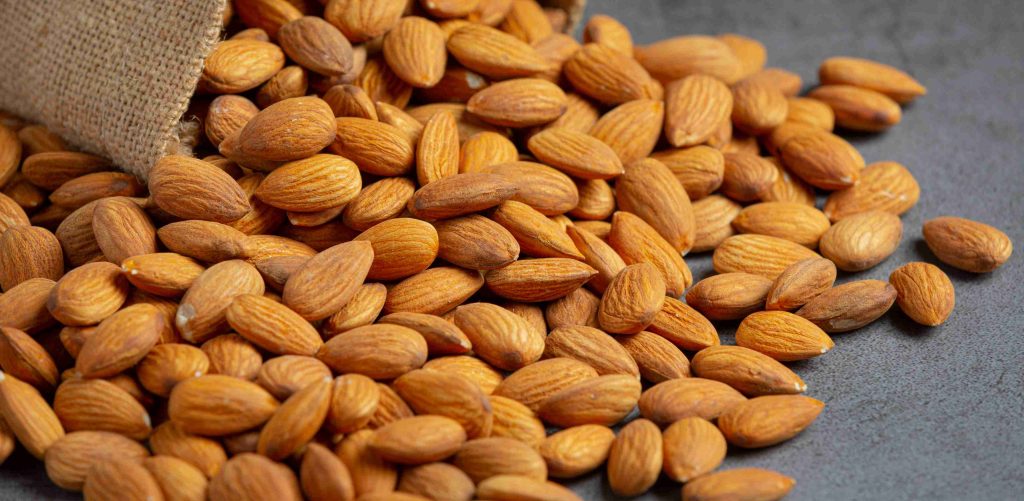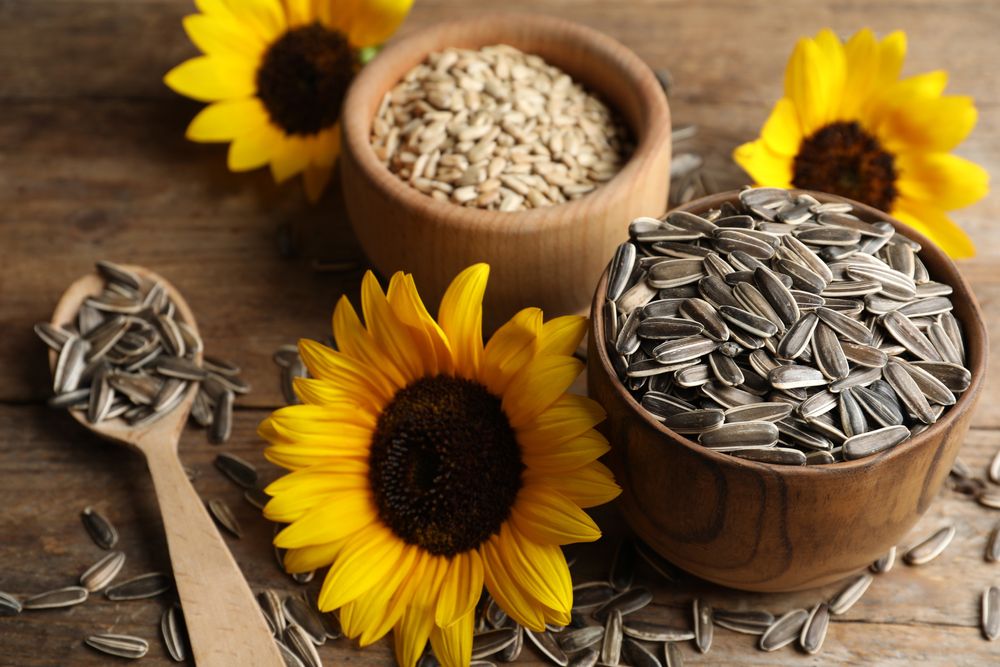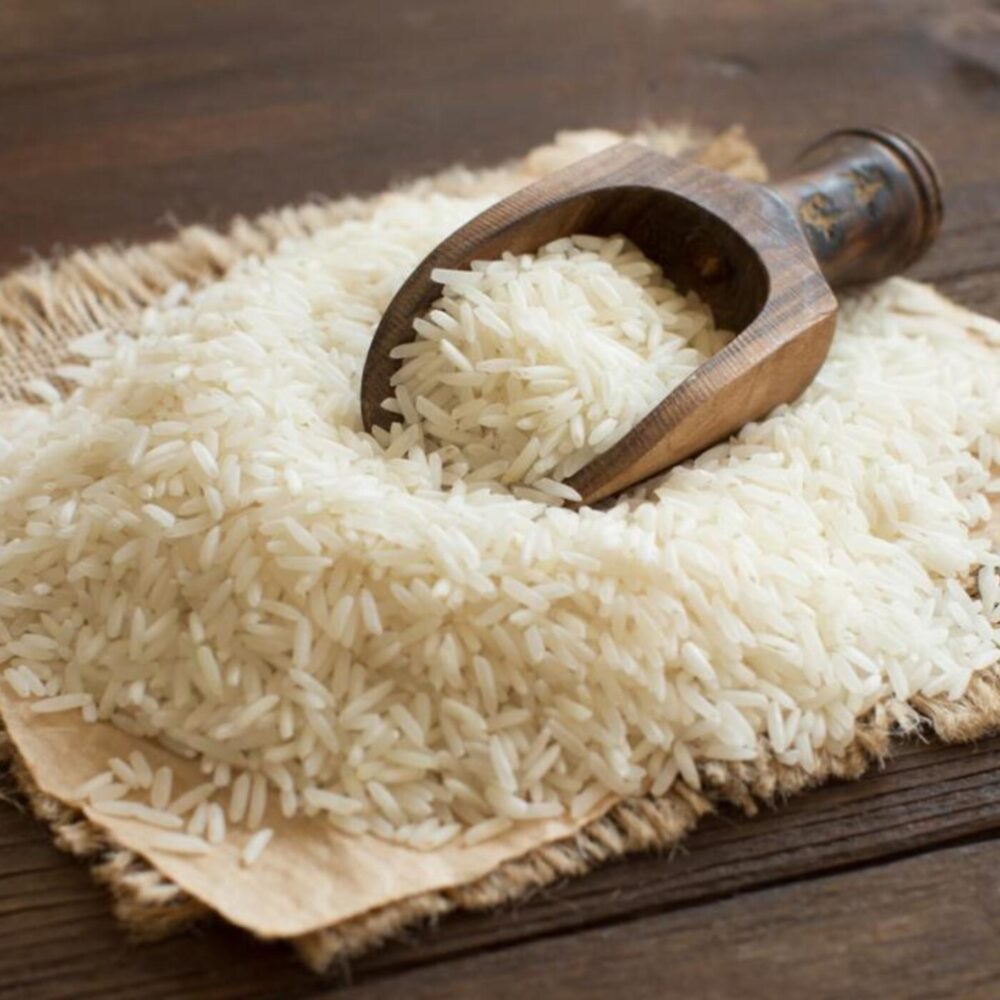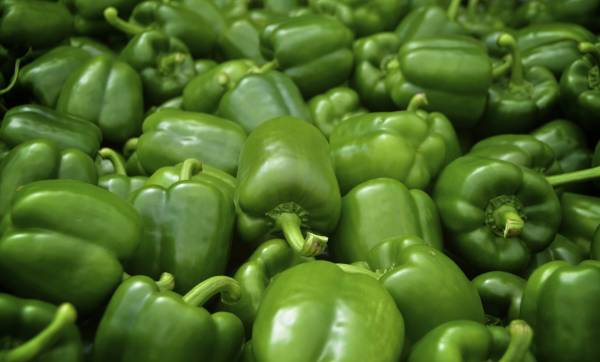Increase heart health
Peanuts contain monounsaturated fats, which are good for the heart, and including them in a child’s diet will ensure a healthy heart even in adulthood.
Increasing strength in the muscles of the child’s body
Peanuts are a good kirkland almonds in sm source of protein, which is what a child needs in abundance to build muscle, as just two tablespoons of peanuts contain 28% of a child’s daily protein needs.
Also, peanuts are a good source of vitamins, minerals and folic acid, so that 28 grams of peanuts contain 10% of the daily recommended amount of folic acid.
which is very important in the development of the baby’s muscles. In addition, peanuts are rich in calcium and vitamin D, which help children have strong bones.
Fighting obesity
Eating peanuts without adding salt and sugar, due to its low glycemic index, is very suitable for children.
with diabetes because it increases the body’s metabolism and is ultimately a way to get rid of childhood obesity.
Increase energy
Since peanuts are warm in nature, it is useful for children to eat them especially in winter, and eating them increases energy and strengthens the child’s immune system.

Increasing the memory of the benefits of peanuts in children
Improving memory and fighting brain disorders
Vitamin B3 in peanuts strengthens the child’s brain and memory.
While consuming peanuts in childhood provides a suitable platform for the activation of the child’s mind in adulthood, in fact, the iron in peanuts helps cell division in the body.
This reduces the risk of brain disorders in the child.
Improve the digestion process
Peanuts contain a lot of dietary fiber, which improves digestion in children.
By doing this, children can digest everything they eat in a better way and avoid problems like constipation, acidity, stomach pain and indigestion.



